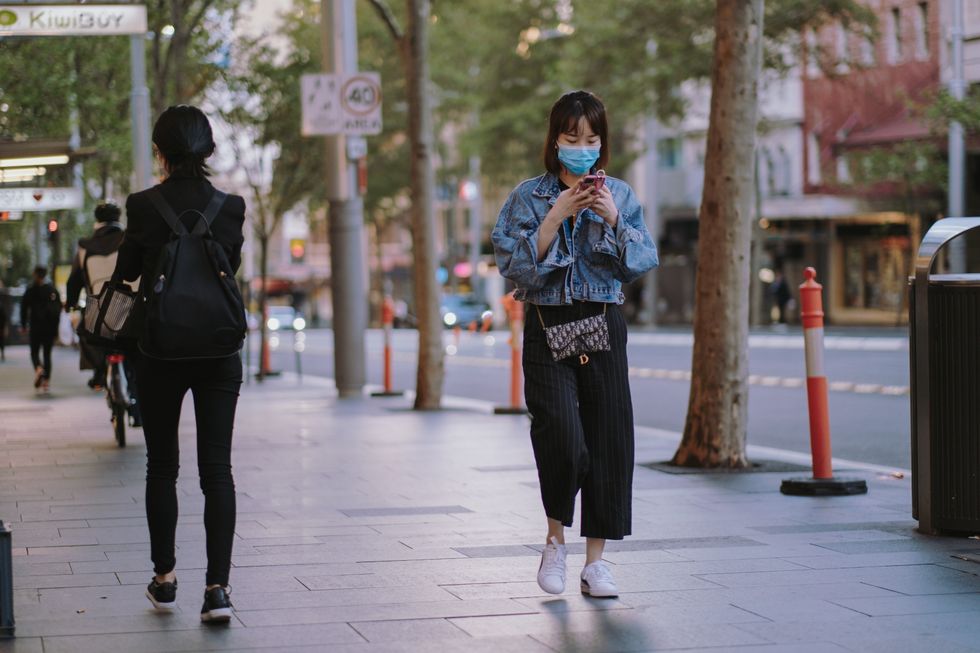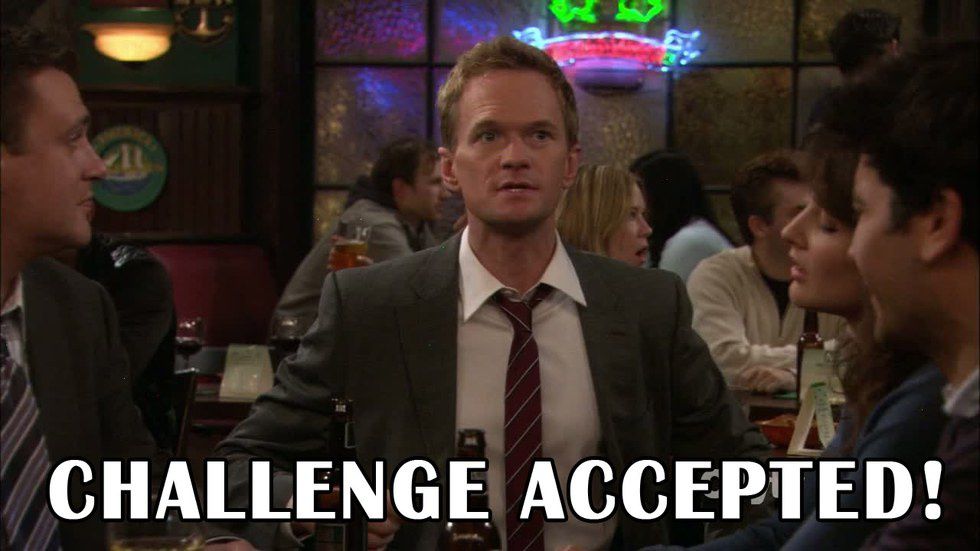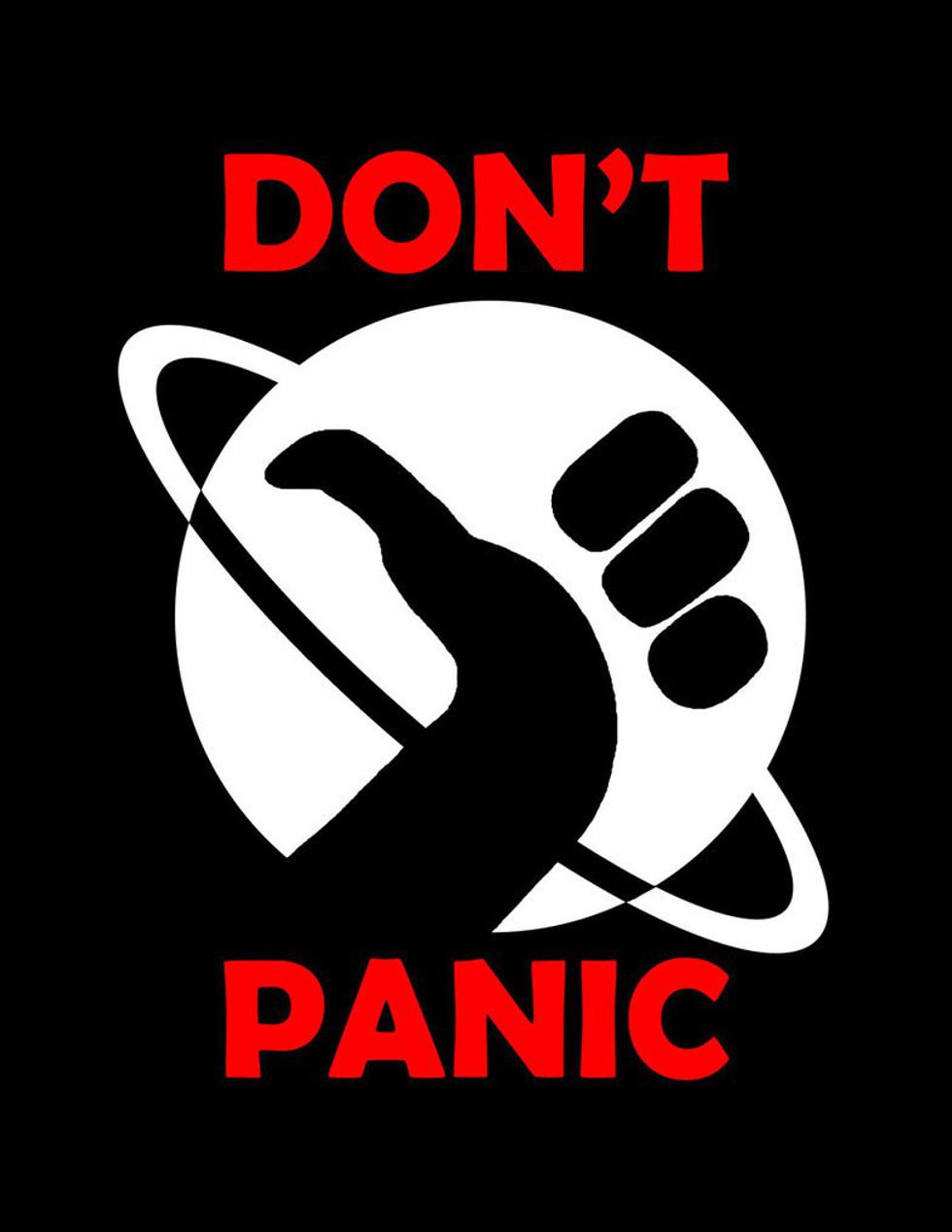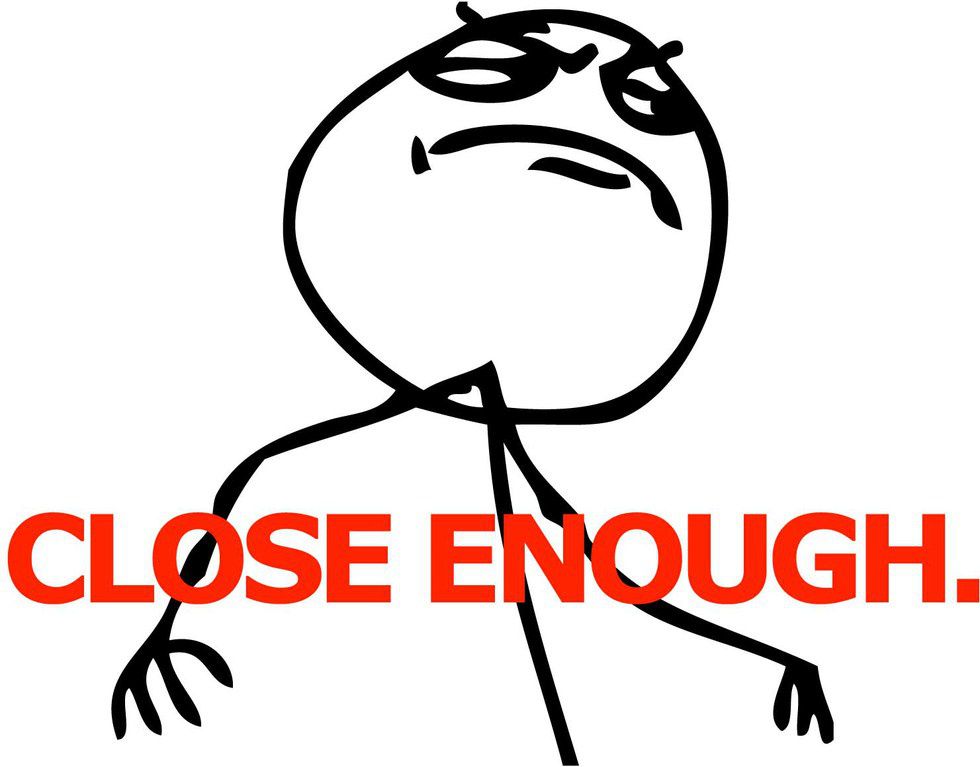Coronavirus cases are spiking. States like Teas and Florida have paused reopening measures. On Saturday, the number of newly confirmed cases in the United States totaled 44,792. Texas' ICUs are near capacity.
I would call it a second wave, except the first never really ended.
But even as the threat that COVID-19 continues to pose becomes undeniably clear, a surreal culture war has developed over what I previously thought was a simple concept — wearing a mask during a pandemic.
At the beginning of all this, there was some confusion over masks; if you didn't have an N-95, where they even effective? Does it help protect the wearer from getting the disease or from spreading it? For a while those answers were unclear.
But we've had concrete guidance on mask-wearing for months. There's still a lot we don't know, but the CDC has said that wearing a mask may help slow the spread of the disease from asymptomatic carriers. They're widely accepted as a necessary precaution for going out in public.
And yet whether or not to wear one has become more a political statement than a public health precaution.
I have seen two main schools of anti-mask arguments: conspiracies and arguments about constitutionality.
The conspiracy school argues that masks are some combination of a deep-state plot, a plan orchestrated by George Soros and the Clintons, an attempt to dehumanize the American population, and something to do with 5G. The virus either isn't real, or it's not that bad anyway — it's all a media ploy to make Trump look bad.
The "it's unconstitutional" crowd, on the other hand, argues that being asked to wear a mask is an infringement on their constitutional rights, regardless of the circumstances. To wear one, therefore, would be to give in to a tyrannical government.
Of course, these schools of thought intersect. Most people who disapprove of masks hold a milder form of these beliefs. Some people simply don't believe that they could be sick without their knowledge, while others think that the CDC is wrong and that masks are pointless, pointing to labels on mask boxes that state that the product doesn't prevent the wearer from contracting COVID-19 as "proof." When confronted about the risks of not wearing a mask, most people don't go full "George Soros and 5G are destroying America," but they will argue that the COVID death toll is fake and that the virus is no worse than the flu.
In the end, though, most of these arguments boil down to "they're lying" and/or "you just can't tell me what to do." They come from a distrust of the government and a strong sense of individualism.
Personally, I think they also come from a desperate desire to just wish things back to normal, instead of accepting that that's not happening right now.
No matter which argument an anti-mask advocate makes, however, what they're failing to see is the necessity of looking out for those around them. I've had many a debate about masks that come down to a single problem, best described by a phrase popular on social media: "I don't know how to explain to you that you should care about other people."
If it just impacted you...whatever, go ahead and don't wear the mask. But the purpose of wearing a mask is to help protect other people. None of us want to believe we may be sick without our knowledge. But if we are, then us being in public without any protection poses a very real risk to those around us. And whether or not you think the virus is overblown, that's not a risk you should be willing to take with someone else's life. It's not an infringement on your rights to be mildly inconvenienced in the name of public safety (a conclusion which legal scholars largely agree with).
If you're in a public place, please, please wear a mask. No, it's not always comfortable and no, it's not normal. But if we want to get back to normal anytime soon, this is an important step.
























